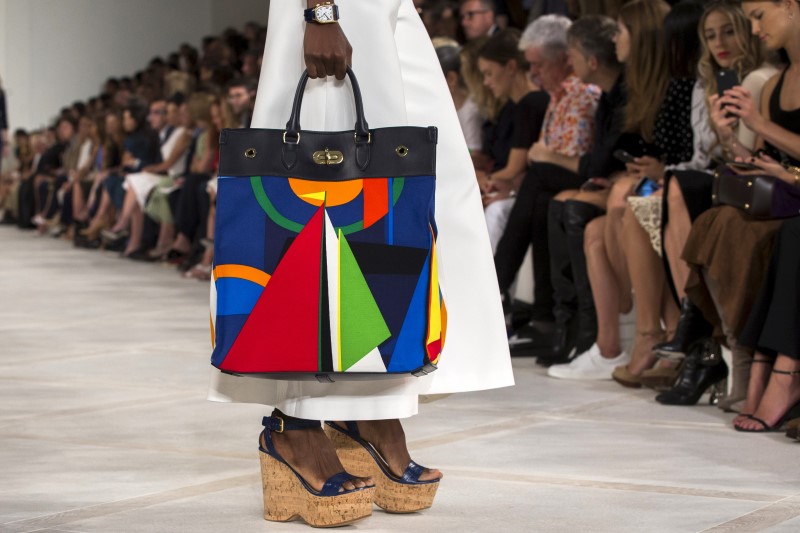LONDON (Reuters) - Concerns over margin pressure at British online fashion retailer Boohoo (L:BOOH) sent its high-flying shares down as much as 10 percent on Wednesday, despite increased profit and an upgrade of its full-year revenue forecast.
Boohoo, which sells own-brand clothing, shoes and accessories online to a core market of 16 to 30-year-olds, has been a star UK stock market performer over the last year, with its shares rising 165 percent.
But the stock was down 8.5 percent at 258.8 pence by 0824 GMT, with analysts highlighting some margin pressure as Boohoo invests in pricing, promotions and advertising to grow its share of the market.
Boohoo said it made a pretax profit of 20.3 million pounds in the six months to Aug. 31, up 41 percent, on revenue up 106 percent at 262.9 million pounds.
It said revenue growth for the full 2017-18 year was now expected to be around 80 percent, up from a forecast in June of around 60 percent.
But it also expects group adjusted earnings before interest, tax, depreciation and amortisation (EBITDA) margins to be between 9 percent and 10 percent, compared with June's forecast of "around 10 percent".
"Any weakness today represents a buying opportunity as Boohoo looks on track to deliver (over) 1 billion pounds in revenues within 2-3 years," said analysts at Peel Hunt, who have a "buy" rating on the stock.
Boohoo and online rivals such as ASOS (L:ASOS) are bucking a challenging backdrop for consumers in Britain as inflation rises faster than wages.
They are winning share from traditional high street retailers, benefiting from the increasing popularity of smartphone e-commerce and their extensive use of social media.
In the first half Boohoo benefited from revenue growth across all regions and the increasing popularity of the PrettyLittleThing and Nasty Gal brands purchased at the beginning of the year.
"The strong performance in the first half-year and our expectations for the second half have given us confidence to raise guidance for the full year," said joint chief executives Mahmud Kamani and Carol Kane.
